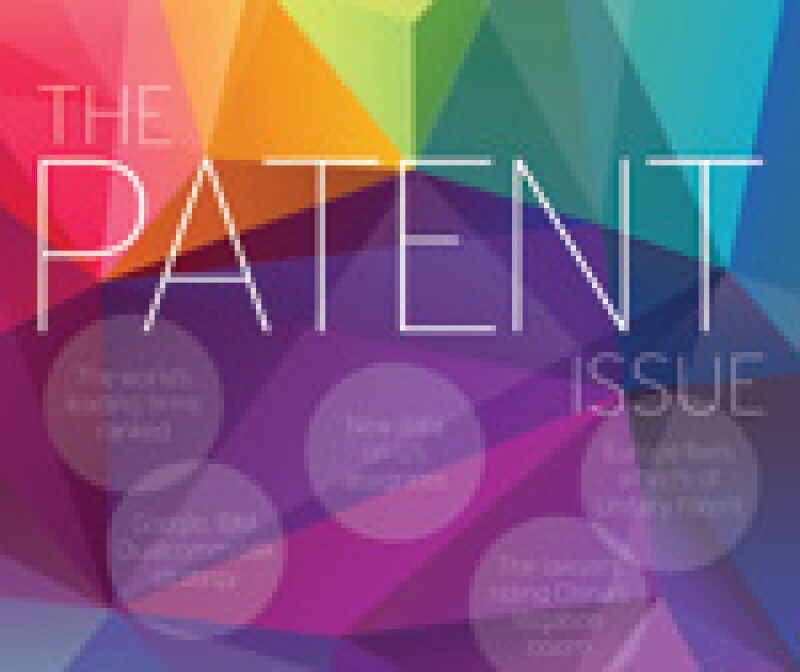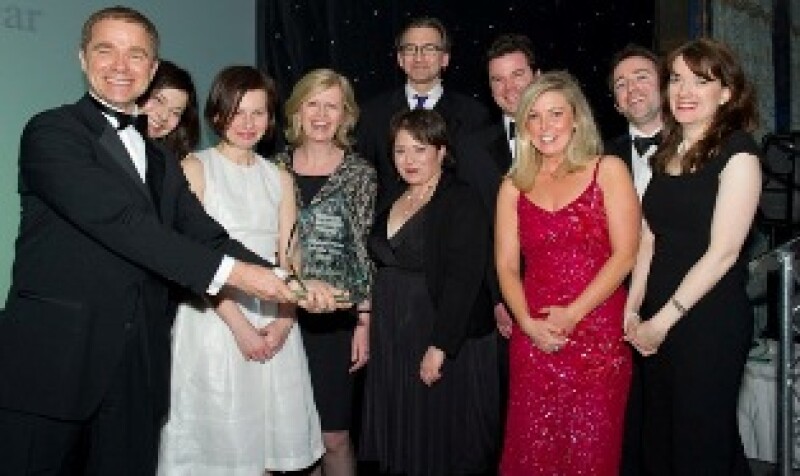
This week we published the first of three parts of the 2014 IP survey, listing the leading firms for patent work in about 80 jurisdictions. The trade mark results will follow in March, and we will publish copyright tables for some countries in April. Later, we will republish the rankings with detailed commentaries on each firm listed in our annual Handbooks.
For the first time this year, we will also include lists of individual lawyers and attorneys worldwide, IP Stars – we published lists for US states last year. (Read more about the survey, including the methodology which explains how the rankings are compiled in our introduction.)
Meanwhile, our researchers are also compiling our annual Managing IP Awards, which will be presented at dinners in London and Washington DC on March 19 and 25. Look out for the awards shortlists on our dedicated page later this week.
What is the point of all these lists? Above all, we believe that readers find them useful. Intellectual property is a field where expertise counts, especially as IP assets are more highly valued, and businesses and individuals need to know where they can find it. If we can play a small part in helping would-be clients get useful advice, we’ve done our job.

A second reason is that IP is an important and dynamic area of legal services, and we want to recognise the good work that is done by spreading information. Those of you who have attended our awards dinners will know that we always take time to explain why firms or individuals have won particular accolades. While there isn’t time to go into the same level of detail for all the firms in the rankings, we do set out as much information as we can in the Handbook commentaries.
Undeniably, there is also a third reason, namely that rankings – and the controversy they inevitably provoke – get people talking. We’re all interested in seeing who is up or down; who is in or out. Don’t deny it.
The methodology sets out in detail how we come up with the rankings, and I won’t repeat it here, save to emphasise that the rankings are built on information we obtain from firms, their peers and clients and from public sources (such as IP office and court records). That includes details of new hires, offices, clients and cases as well as feedback on matters such as how efficient, effective, experienced and approachable IP practitioners are.
Information can always be improved, and the market never stands still. We aim to provide a snapshot of the IP market based on what is available to us – but we also recognise that we constantly need more and better information. If you don’t agree with our rankings, or think certain firms should be ranked higher than they are, the best way to achieve that is to help us get that information. We are always ready to listen.









